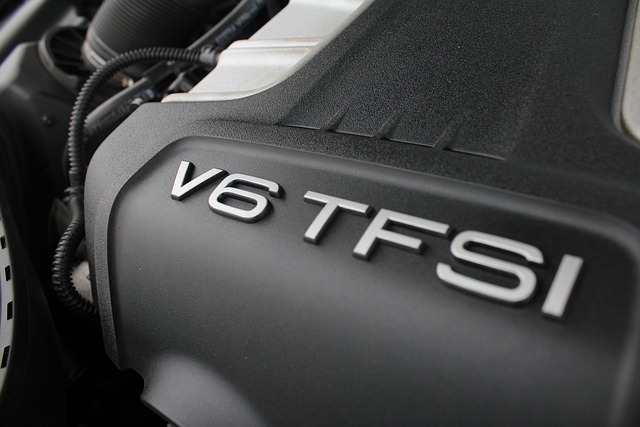In the very first post on our blog, we’re starting with something we think should interest most car owners – how to keep your engine going for longer. Make no mistake, your maintenance schedule and driving style can add – or subtract – tens of thousands of miles to your engine’s lifespan. So follow these tips and your engine (and wallet) will love you.

1. Be kind on cold days
One of the simplest ways to extend your engine’s life is to baby it on cold days.
As you know, oil lubricates the engine, preventing wear on the moving parts. However, in order to do its job properly, the oil has to be sufficiently mobile – in other words to flow easily and freely. Cold oil is sluggish and treacly, and that means if you push the engine hard before the oil has warmed up, you’re causing extra wear and tear.
The solution on cold days isn’t to sit on the drive with the engine running – in fact, this may cause a build up of unburned hydrocarbons that can clog the catalytic convertor. Instead, just drive gently until the oil begins to warm up. Keep the revs lower and drive gently. Judging how long to do this for is easy if you have an oil temperature gauge – for the rest of us, just give it a few minutes, adjusting according to whether it’s merely frosty or forty below.
2. Now, about that oil
Almost every car owner realises oil is vital to the engine’s health. Yet far fewer are regularly checking their oil levels. It’s easy to forget about your oil – after all, if it’s always been fine in the past, why worry? The problem is that engines can consume more oil as they age. Using past performance to predict the future is a real gamble.
Very low oil will damage your engine quickly, but even moderately low oil can cause rapidly increased wear on the engine’s components. In addition, when oil is low, it degrades faster due to increased oxidation. Of course, your car has a low oil engine light, but you want to have taken action well before this comes on.
3. Oh, did we mention oil?
You’re getting the picture now that oil is crucial to your engine’s longevity. So it will be no surprise that the condition of your oil is another key factor in the engine’s lifespan. Engine oil deteriorates over time and with use. As this happens, it becomes a less effective lubricant, resulting in faster engine wear.
Improvements in additives and engine design mean today’s oils deteriorate more slowly, but the process remains inevitable. A combination of temperature changes, catalytic reactions from debris, oxidation and a host of other processes all degrade your silky smooth engine oil.
The simple way to avoid this is to ensure you keep to the manufacturer’s recommendations for oil change intervals. Check your handbook, google, or ring a specialist. And if you’re having your oil changed at the garage, always check that they use the recommended oil and not a cheaper substitute.
4. Drive in the right gear
Well, you always do anyway, don’t you? Except when you don’t. It’s actually quite common for drivers to spend time in too high a gear. Most of us have moments where we’re distracted, or have the radio turned up and can’t hear the engine, or stamp on the accelerator to overtake (rather than shifting down a gear).
Driving in too high a gear – ‘lugging’ – puts quite a strain on the engine. The engine components work harder than they need to, and engine temperatures rise. In the long run, this leads to a shorter engine life.
While we’re on the subject of gears, engine braking isn’t a good idea either. This forces the engine into too low a gear and again results in the car working harder than is necessary.
5. Check your tyre pressure
This isn’t an obvious one by any means. Most of us realise that driving with under-inflated tyres results in poorer fuel economy. However, the reason for increased fuel consumption is that the engine is having to work harder. That’s because when the tyre is underinflated, there’s a greater contact area, meaning more friction for the engine to overcome. Over time this too will increase wear on your engine components.
The most important factor
These five simple tips are possible for any driver. Taken together, they can make a significant difference to how long your engine lasts – and how well it retains its performance and economy. Of course, the most important factor for engine life is ensuring that your car is serviced at the correct intervals by a reputable garage.
To chat about doing the best for your VW group engine (or any other make!), get in touch with WVS.

